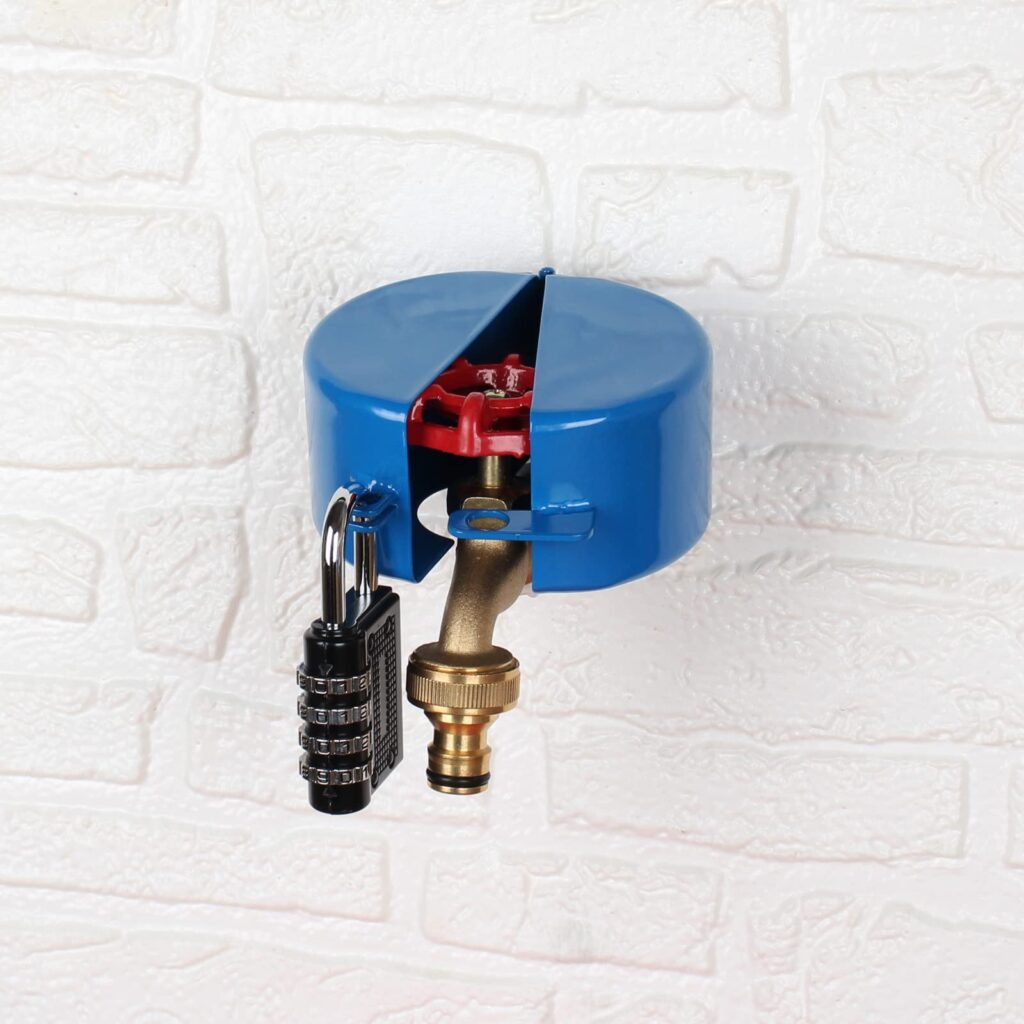
In an effort to combat the pervasive issue of water theft, Uganda’s Utilities Court was inaugurated on May 26th, 2017, by the Chief Justice. This specialized court, akin to the Anti-Corruption Court and the International Crimes Division, aims to expedite legal proceedings concerning offenses such as power, water theft, vandalism, counterfeit goods, and wildlife crime. Its establishment responds to the critical need to enhance access to justice and support economic growth by resolving utility-related disputes swiftly and effectively.
One of the primary beneficiaries of the Utilities Court’s intervention has been the National Water and Sewerage Corporation (NWSC), which has reported a notable 99% conviction rate in cases brought before the court. Notably, since its inception, the court has adjudicated over 50 cases involving NWSC.
The spectrum of offenses prosecuted under the Utilities Court varies widely, from unauthorized connections to meter tampering, illustrating the diverse and often ingenious methods employed by perpetrators of water theft. These practices not only compromise NWSC’s financial stability but also strain its capacity to meet the escalating water demands of an increasing population.
Since the beginning of 2024, the Utilities Court has handled seven cases within the Kampala Metropolitan area alone. Noteworthy convictions include; Bassaja Mivule, who received a three-month sentence for tampering with works and theft, and Bukenya Ibra and Wamayi Andrew, each sentenced to 18 months for similar offenses. In plea bargains, Kabunga Abbas and Musisi Paul admitted guilt for water theft, resulting in 12-month prison terms, while Okello Joseph reimbursed NWSC for a stolen meter. However, Bukenya Ronald’s trial for theft is currently pending.
The most recent convictions on June 13, 2024, involved Musisi Paul and Kabunga Abbas, who were found guilty under Section 254 of The Penal Code for theft and receiving stolen property. Each received a 12-month prison sentence, which showed the court’s commitment to enforcing accountability and deterring unlawful activities within the utility sector.
On top of a day in court and possibly many more in prison, water theft and vandalism culprits are also fined depending on how much water may have been used unlawfully, and the magnitude of property damage.
The implications of water theft extend beyond financial losses to NWSC. Ultimately, these activities burden paying customers with higher tariffs, taxpayers through subsidies, and underserved communities with inadequate service provision. The Utilities Court’s proactive stance seeks to address immediate legal challenges, and also strives to safeguard public resources and promote equitable access to essential utilities.


